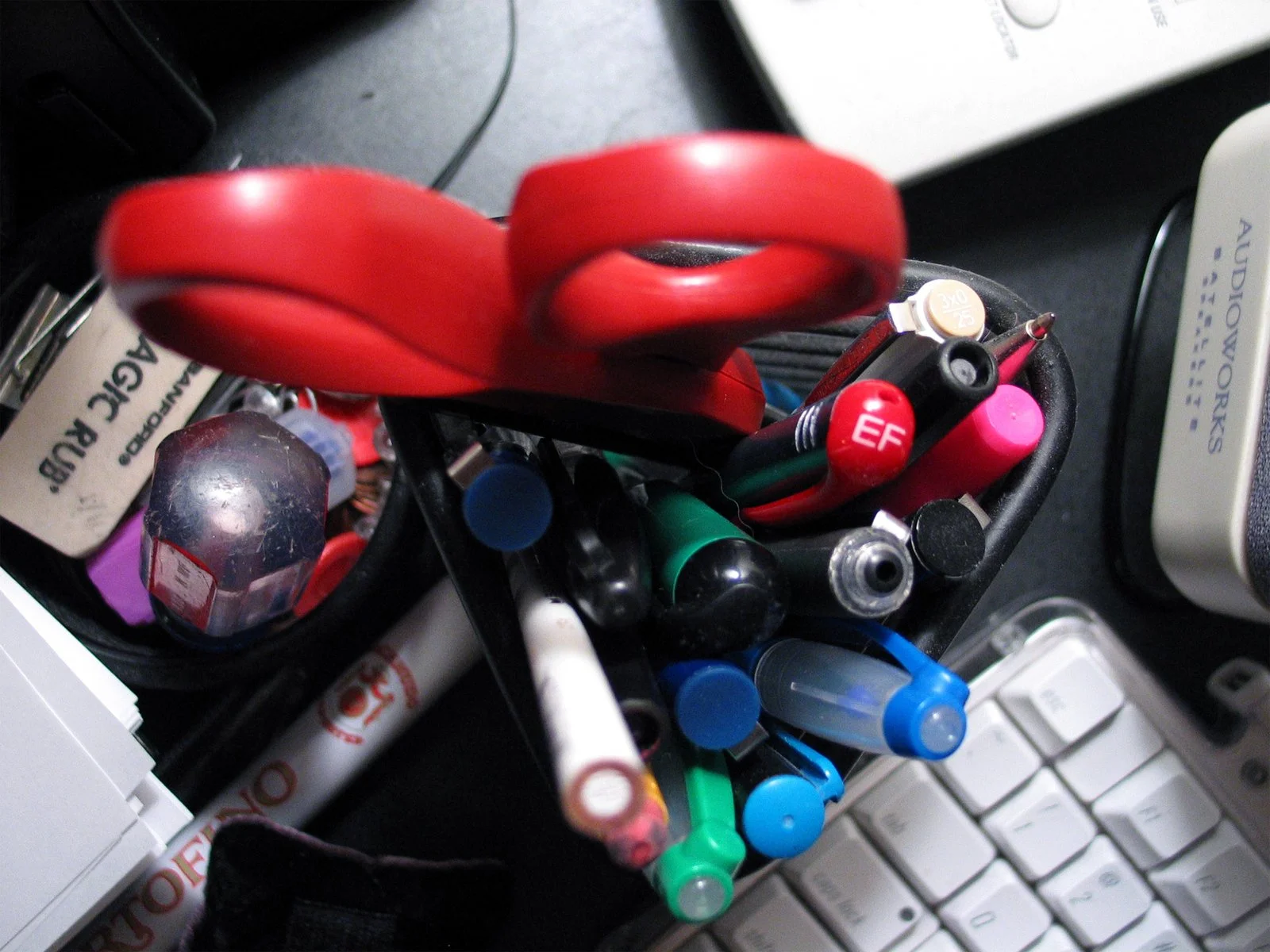Do We Really Reap What We Sow?
/Many of Us Would Argue Not
Much of human behaviour in this world is predicated on one of the maxims we all know: “You reap what you sow”. This is a saying which drives many people’s consciences and troubles others only after they have “sowed” whatever they suspect will eventually come to be their comeuppance. To many it is a rule to live by, to others a meaningless piece of cod philosophy that simply guilt-trips those who are naïve enough to believe it. Is a maxim of any value if only half of the world seems to believe it? Or should we all look out for number one and happily allow other people to take what life throws at them – potentially as a consequence of our actions?
Karma is an interesting thing. We can probably all think of at least one individual who has, as a result of at best questionable actions, risen to a position of privilege on one level or another. They may head up a major corporation and be able to write their own pay checks as they see fit. They may be extremely sought-after romantically. One way or another, there are people benefiting from not following the standard rules of morality. Do they reap what they sow? Many of us would argue not.
It hardly sets a good example. We will, if we have a commitment to bringing the best out of those we influence, try to promote a message of good actions bringing forth good rewards. Then we let our protégé see a world where people who lie, cheat and bend the rules non-stop are rewarded with money, prestige and often influence. How can they possibly marry the advice we give with the picture they see? The only conclusion they can have is that some people are not living by the rules.
How do we then make a lesson from that, for ourselves and for others? How do we say that the people who ignore the rules of common decency are not a model to be followed? It is a very difficult question to answer, and one which gives parents, teachers and other concerned individuals a few sleepless nights. If we have a belief in an afterlife, we can say that these people will eventually pay for their sins – but we cannot see the afterlife and we cannot see that they are going to be any more troubled then than now.
Therefore, it really comes down to a message that is perhaps more complicated than “we reap what we sow”. We should behave decently to other people because there is much more chance that people will remember what we did wrong than what we did right. We should behave decently to others because, if we have a conscience, eventually a transgression will turn into a sleepless night. But more than this, we should behave decently to others because it is the right way to behave, and in the end we have to face the world with confidence that we did the right thing – even when evidence suggested that the wrong thing may have had greater material benefit to us.
To streamline and minimize blog maintenance, I will be discontinuing maintaining the Simplepersonaldevelopment.com website (however, I will still hold the domain). I will gradually move all articles from this site to Ahmed Dawn Dot Com. This article originally published on the above website on Oct 12, 2009.















